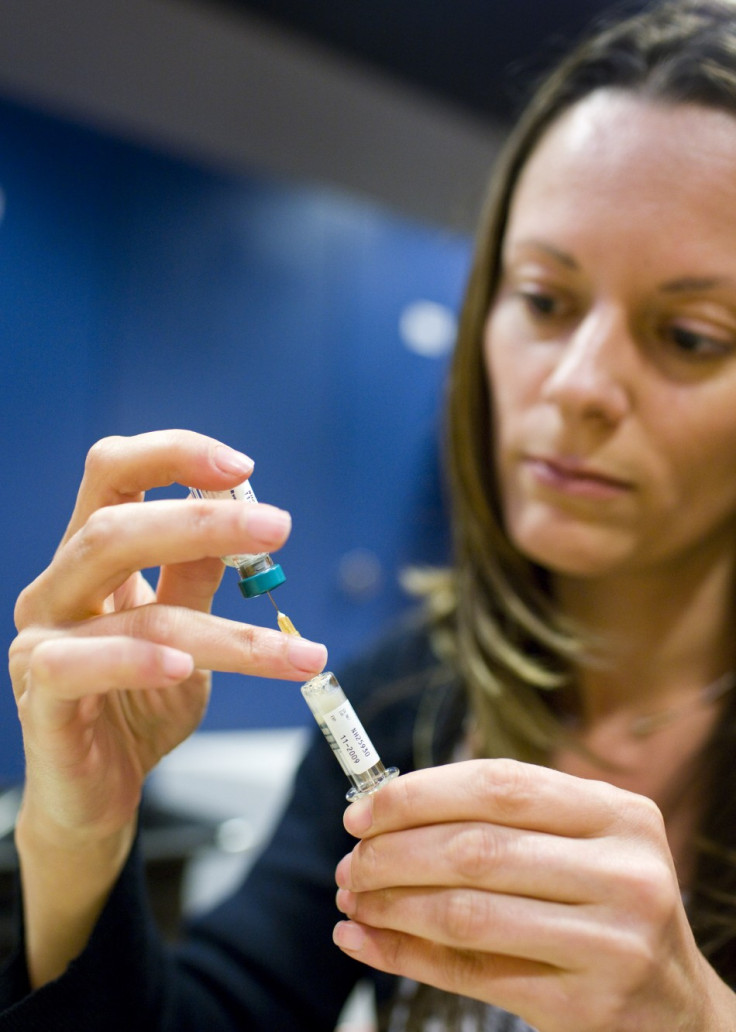Measles virus weakens immunity for years after infection

The measles virus can cause serious disease in children by temporarily suppressing their immune systems for as long as three years and not just a few months, as earlier believed.
A study led by researchers from Princeton University's Woodrow Wilson School of Public and International Affairs and Department of Ecology and Evolutionary Biology presents evidence that measles may throw the body into a state of "immune amnesia", where essential memory cells involved in immunity are partially wiped out.
This could leave children ill-equipped to fight infectious childhood diseases like pneumonia, bronchitis and diarrhoea.
"Our findings suggest that measles vaccines have benefits that extend beyond just protecting against measles itself," said lead author Michael Mina, a student at Emory University School of Medicine who worked on the study as a postdoctoral researcher at Princeton.
Earlier research has shown that the measles virus attacks T lymphocytes — the cells that build up "immune memory" against other diseases.
But after about a month, these immune memory cells return, but protect only against measles by "forgetting" about other infections.
The researchers in the present study examined detailed population data to see how soon the immune system became protective. Data was available from the United States, England and Wales, and Denmark — the only countries with the key variables required for the analysis.
The researchers looked at deaths among children between the ages of 1 and 9 in Europe, and 1 and 14 in the United States, in both pre- and post-vaccine eras, making different assumptions about how long the process of recovery took.
They then uncovered a very strong correlation between measles incidence and deaths from other diseases, with a "lag period" averaging roughly 28 months after infection with measles. Reduced measles incidence appears to cause a drop in deaths from other infectious diseases.
The findings were published in Science.
Vaccine fears
The study highlights the importance of vaccinating children against measles, which kills 150,000 people in the world every year.
The recent outbreak of measles in the US was largely caused by lack of vaccination among some children whose parents believed that the vaccine is dangerous.
Following a study alleging a link between the MMR vaccine and autism, parents have been wary about vaccinating their children. A UK study by Andrew Wakefield a few decades ago was later discredited and Lancet retracted the publication.
A recent study established that there is no association between measles-mumps-rubella (MMR) vaccine and autism even among children already at higher risk of the disorder.
Measles, while not always fatal, is a potentially serious and highly communicable respiratory disease caused by a virus and spreads in the air.
Pneumonia or a serious lung infection, lifelong brain damage, deafness and death in some cases are reasons why the MMR shot is recommended.
© Copyright IBTimes 2025. All rights reserved.




















